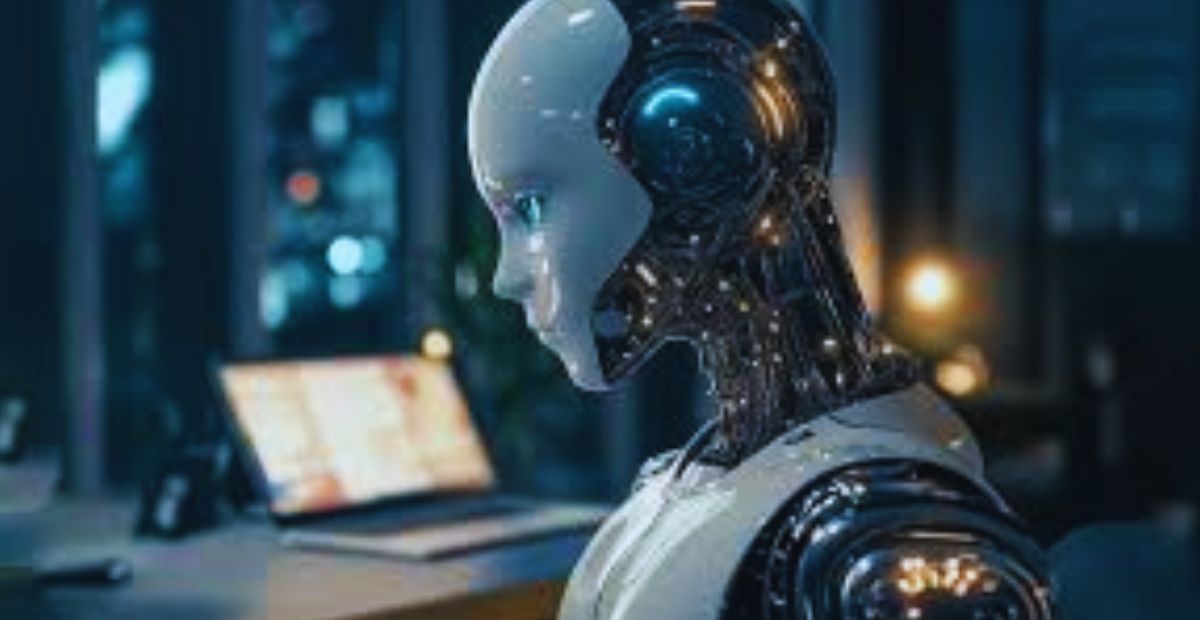Artificial Intelligence (AI) is no longer a futuristic concept confined to science fiction. Today, it is a transformative force shaping nearly every aspect of our daily lives. From smartphones to smart homes, AI is seamlessly integrated into tools and services we rely on, making tasks easier, faster, and more efficient. Here’s how AI is revolutionizing everyday life.
1. Smarter Personal Assistants
AI-powered virtual assistants like Siri, Alexa, and Google Assistant have become household names. These assistants use natural language processing to understand and respond to voice commands, helping users with tasks such as setting alarms, playing music, controlling smart home devices, and providing real-time information. Over time, these tools learn from user interactions to offer more personalized experiences.
2. Transforming Healthcare
AI is making healthcare more accessible and efficient. AI algorithms can analyze medical data to detect patterns that may be missed by human doctors. From early disease diagnosis to personalized treatment plans, AI is enhancing the accuracy and speed of medical services. Wearable health devices, like smartwatches, monitor vital signs and use AI to alert users of potential health issues before they become serious.
3. Revolutionizing Transportation
Self-driving cars and intelligent navigation systems are reshaping how we move. AI-powered GPS systems analyze real-time traffic data to suggest the quickest routes. Autonomous vehicles use AI to detect obstacles, interpret road signs, and make driving decisions. As these technologies evolve, they promise to reduce accidents, traffic congestion, and carbon emissions.
4. Enhancing Education
AI is changing the way we learn by offering personalized learning experiences. Platforms like Duolingo and Khan Academy use AI to assess a learner’s progress and adapt lessons accordingly. Virtual tutors and AI-driven chatbots provide 24/7 assistance, helping students understand complex topics outside traditional classroom hours.
5. Optimizing Home and Lifestyle
Smart home technology uses AI to improve comfort, security, and energy efficiency. Thermostats learn user preferences and adjust temperatures automatically. Security cameras use facial recognition to differentiate between family members and strangers. AI can even suggest meal plans or help track daily routines to promote healthier living.
6. Improving Customer Service
Many businesses now use AI chatbots to handle customer inquiries. These bots provide instant responses, resolve common issues, and are available 24/7. This not only enhances customer satisfaction but also reduces the workload for human customer service representatives.
7. Boosting Productivity at Work
AI tools streamline various workplace tasks. Automated scheduling, data analysis, and report generation save time and reduce human error. AI also supports collaboration through intelligent document editing, email sorting, and project management tools, allowing employees to focus on more strategic activities.
8. Personalizing Entertainment
Streaming platforms like Netflix and Spotify use AI to analyze user behavior and recommend content tailored to individual tastes. This level of personalization keeps users engaged and enhances their overall entertainment experience.
Conclusion
AI is no longer an emerging trend—it’s an integral part of modern life. Its ability to learn, adapt, and assist is improving convenience, efficiency, and personalization in countless ways. As technology continues to evolve, the role of AI in our everyday lives will only become more significant, paving the way for a smarter, more connected world.
